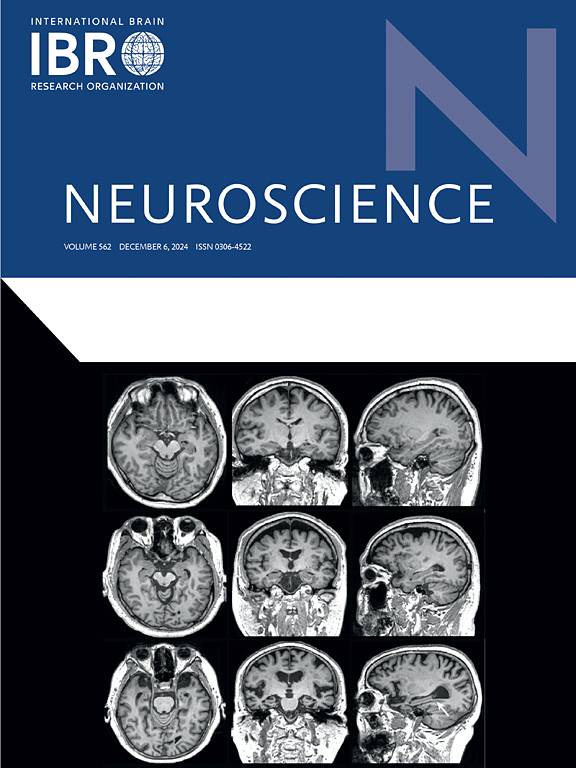Analysis of stress-induced hearing loss in repeated cold stress-exposed mice
IF 2.8
3区 医学
Q2 NEUROSCIENCES
引用次数: 0
Abstract
Sudden hearing loss is an acute sensorineural hearing loss of unknown etiology. Owing to the significant increase in the number of patients and low efficacy of treatment, elucidation of its pathogenesis is urgently required. An animal model for hearing loss is needed; however, mainstream models, such as noise exposure and drug administration, cause irreversible damage to the inner ear tissue and therefore cannot be said to reflect the pathology of sudden hearing loss, which can sometimes be cured spontaneously.
In this study, we prepared a mouse model of hearing loss caused by mental or physical stress due to a sudden change in temperature without directly damaging the inner ear. This mouse model exhibited a tendency toward increased physiological stress and a significant elevation in systemic inflammation. However, no evident structural abnormalities were observed in the inner ears of these mice. In contrast, significant neural activity was observed in the auditory cortices of these mice.
Our findings suggested that the onset of hearing loss in these mice may be related to increased systemic inflammation and prominent activity in the auditory cortex caused by excessive stress. Unlike previous mouse models of hearing loss, this stress-induced hearing loss mouse model is the first to be established in which hearing loss is induced by changes in the in vivo environment without causing significant damage to the inner ear tissue. A detailed analysis of this mouse model is expected to elucidate the causes and mechanisms of sudden hearing loss and establish treatment methods.
反复冷应激小鼠应激性听力损失分析
突发性听力损失是一种病因不明的急性感音神经性听力损失。由于患者数量显著增加,治疗效果低,迫切需要阐明其发病机制。需要一种听力损失动物模型;然而,主流模式,如噪音暴露和药物给药,对内耳组织造成不可逆的损害,因此不能说反映突发性听力损失的病理,有时可以自发治愈。在本研究中,我们制备了一种不直接损伤内耳的温度突然变化引起的精神或身体压力导致的听力损失小鼠模型。该小鼠模型显示出生理应激增加和全身炎症显著升高的趋势。然而,这些小鼠的内耳未见明显的结构异常。相反,在这些小鼠的听觉皮层观察到显著的神经活动。我们的研究结果表明,这些小鼠听力损失的发生可能与过度应激引起的全身炎症增加和听觉皮层的突出活动有关。与以往的小鼠听力损失模型不同,这种应激性听力损失小鼠模型是第一个由体内环境变化引起听力损失而不会对内耳组织造成明显损伤的小鼠模型。对该小鼠模型的详细分析有望阐明突发性听力损失的原因和机制,并建立治疗方法。
本文章由计算机程序翻译,如有差异,请以英文原文为准。
求助全文
约1分钟内获得全文
求助全文
来源期刊

Neuroscience
医学-神经科学
CiteScore
6.20
自引率
0.00%
发文量
394
审稿时长
52 days
期刊介绍:
Neuroscience publishes papers describing the results of original research on any aspect of the scientific study of the nervous system. Any paper, however short, will be considered for publication provided that it reports significant, new and carefully confirmed findings with full experimental details.
 求助内容:
求助内容: 应助结果提醒方式:
应助结果提醒方式:


